You open your computer and are immediately blinded by the abundance of seemingly endless college-related websites: College Vine, Niche, The College Board, U.S. News and World Report. The more time you spend in high school, the more of these websites you create accounts with and the more times you meticulously insert your extracurriculars, GPA and class rank, waiting for the percentages of your admissions to possibility rise.
It’s no secret that college admissions have become increasingly competitive and presumably illogical in the past decade with schools’ average statistics continuously rising. The seemingly top students are being rejected from state schools, and those who have started successful non-profits and received a 5 on every AP Test imaginable are being waitlisted from the top universities in the United States. With college decisions for the 2024-25 year gradually releasing, we all find ourselves wondering the following question: what has changed?
In less than 50 years, Yale University’s acceptance rates have decreased from 26% to a mere 5%. Nowadays, a coveted 26% acceptance rate is held by schools such as those a part of the University of California (UC) chain, like UC Irvine. Although the UC system holds some of California’s, and the country’s, best colleges, it’s ridiculous that acceptance rates so low they were held by Ivy League schools are now being held by those deemed generally more accessible, and are continuously decreasing. Even without the added weight of their future, students are chronically stressed about school and their grades, and keeping up with the decline of university acceptance rates simply adds more to their plate. With challenging courses and time-consuming electives, many simply don’t have the time to do 500 hours of community service or hold three internships at a time.
Around the world students are feeling the continuous pressure to put more and more activities and responsibilities on their resume, leading to chronic burnout and overall dissatisfaction with their lifestyle. This added pressure is making it difficult for high-schoolers to have healthy social lives and actually enjoy what’s going on around them, becoming unable to take in some of the last years of their perceived youth. Friends are constantly declining plans due to other extracurricular commitments, and sacrificing precious sleep to finish homework that was put on the backburner. This stress is not natural or sustainable, and is ruining the “high school experience” for students across the country.
When one begins to think of what the “high school experience” entails, the more cliche activities may come to mind such as partying or neglecting all of their responsibilities. However, there is much more to it than meets the eye. High school students are often provided with free time that they can utilize in a myriad of fun and stress free ways such as hanging out with their friends, attending dances or school events or sometimes are even given the opportunity to travel and take a few days off of school. Despite this, your “typical” high-achieving student will give up these experiences in an effort to have more time to do homework, community service or club activities in a desperate attempt to stay ahead of their looming college applications.
If college admissions become less competitive and more accessible for those who don’t have unlimited time or resources, students may feel less pressure to continuously miss out on key events and activities, and even be able to attend them without the weight of their future on their shoulders. When it comes down to it, however, students who need to take care of siblings or work to support themselves or their families do not have an unlimited amount of time to devote towards a potential college application, and thus it becomes a problem of equity.
Many students face real world challenges, and yet are pressured into this “fantasy” world where the only thing that matters is pursuing higher education. While valid points against this argument include being able to mention such family responsibilities on applications or even having a “better” essay topic, it still doesn’t change the fact that a person from a higher income family, who has easier access to more application-boosting resources, will likely be given the opportunity to be more competitive. Pursuing higher education is by no means a small feat, or something to be looked down upon, however it is important to acknowledge that historically it has been geared towards higher class individuals and thus is skewed as a system.
While a portion of the problem can be attributed to a larger pool of applicants in recent years, colleges simply becoming more selective is also making the college admissions process problematic. Whether we like it or not, our peers are continuously raising the standards: constantly finding new ways to be sensational or out of the box extraordinary. Until the seemingly ridiculous “inflation” of admissions chances deflates, students will continue to be burdened with a complete lack of uncertainty and fear in regards to their future.



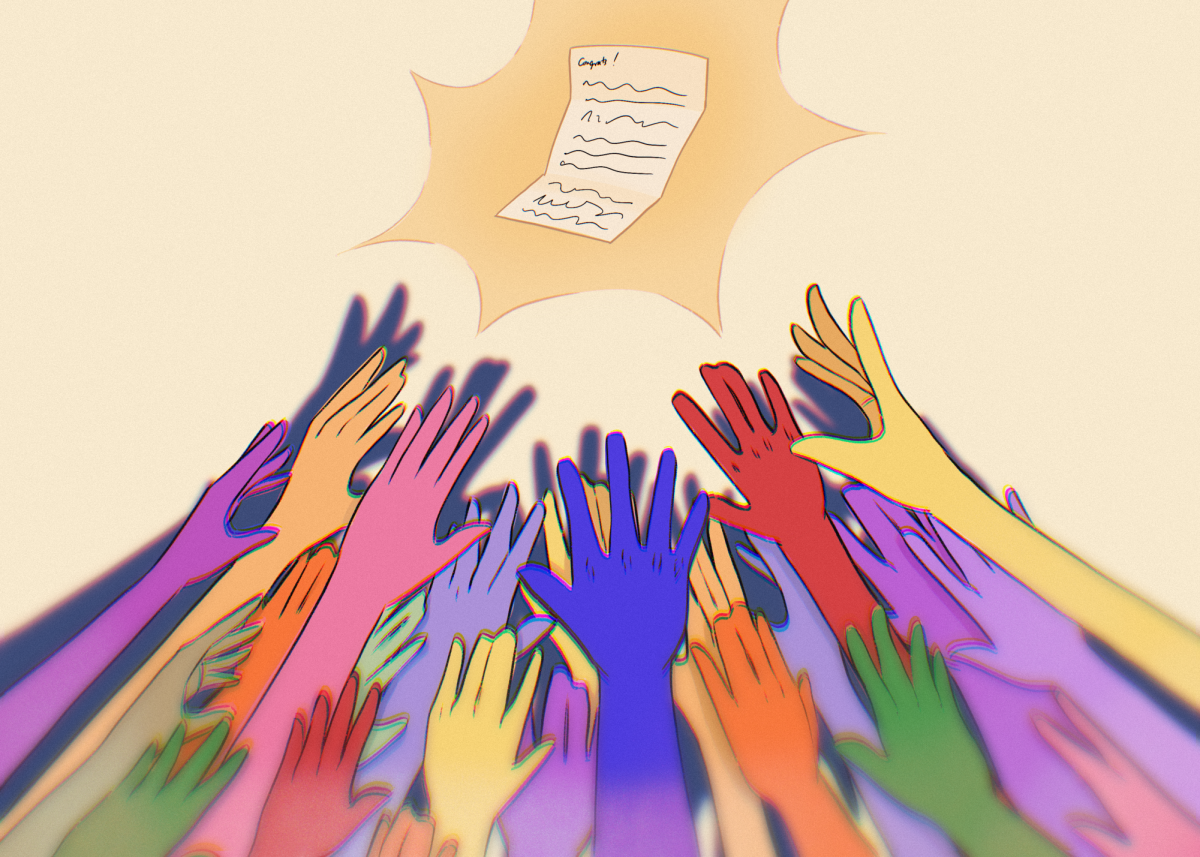
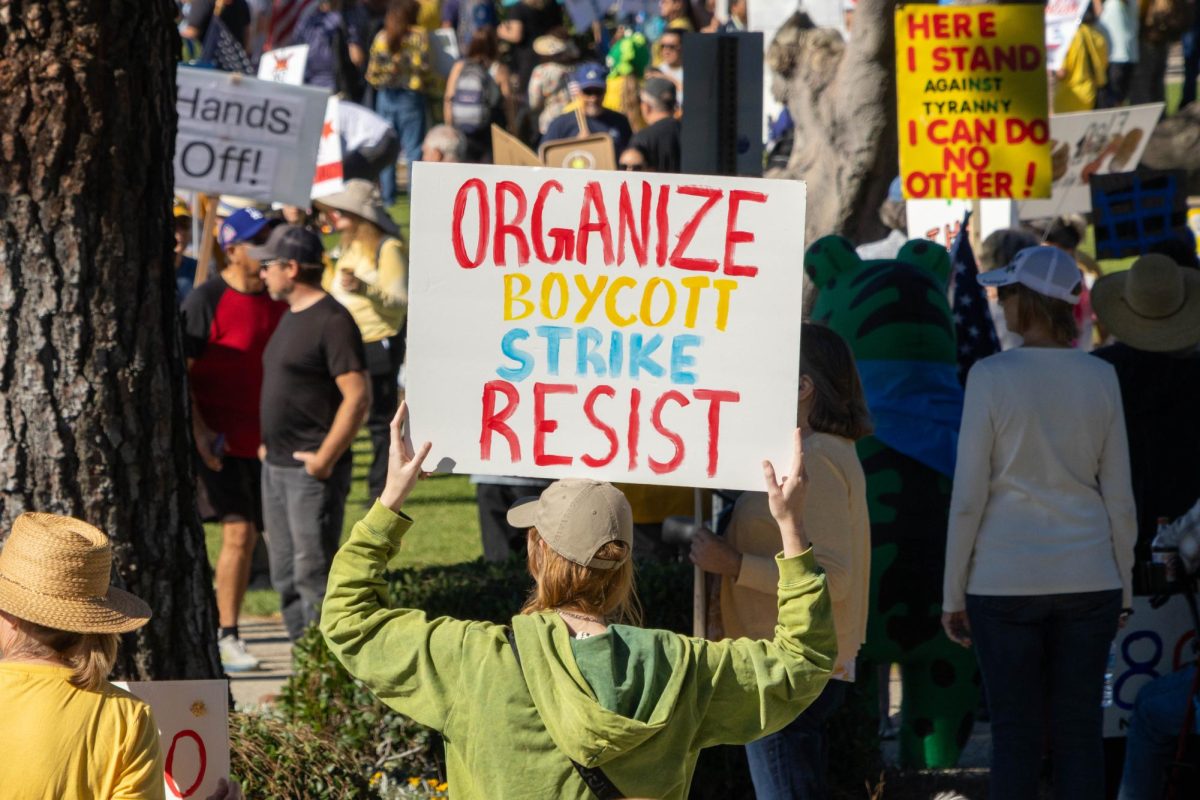
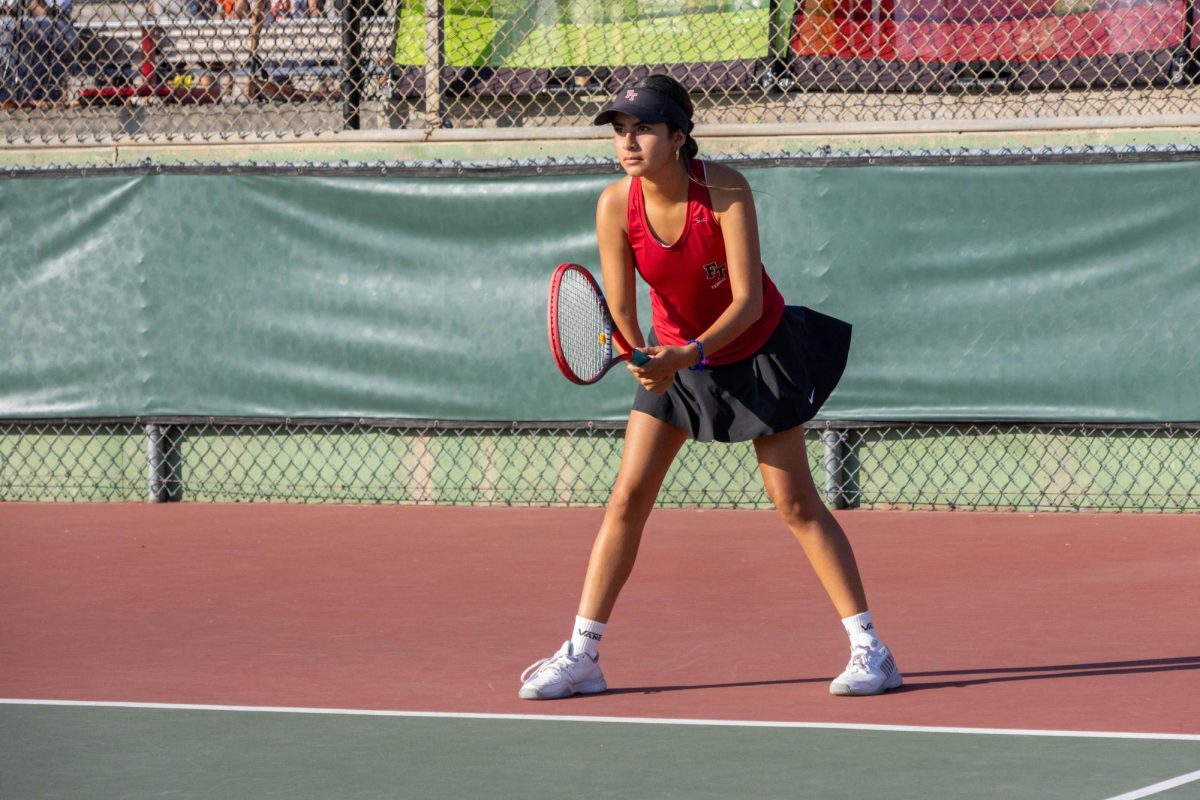
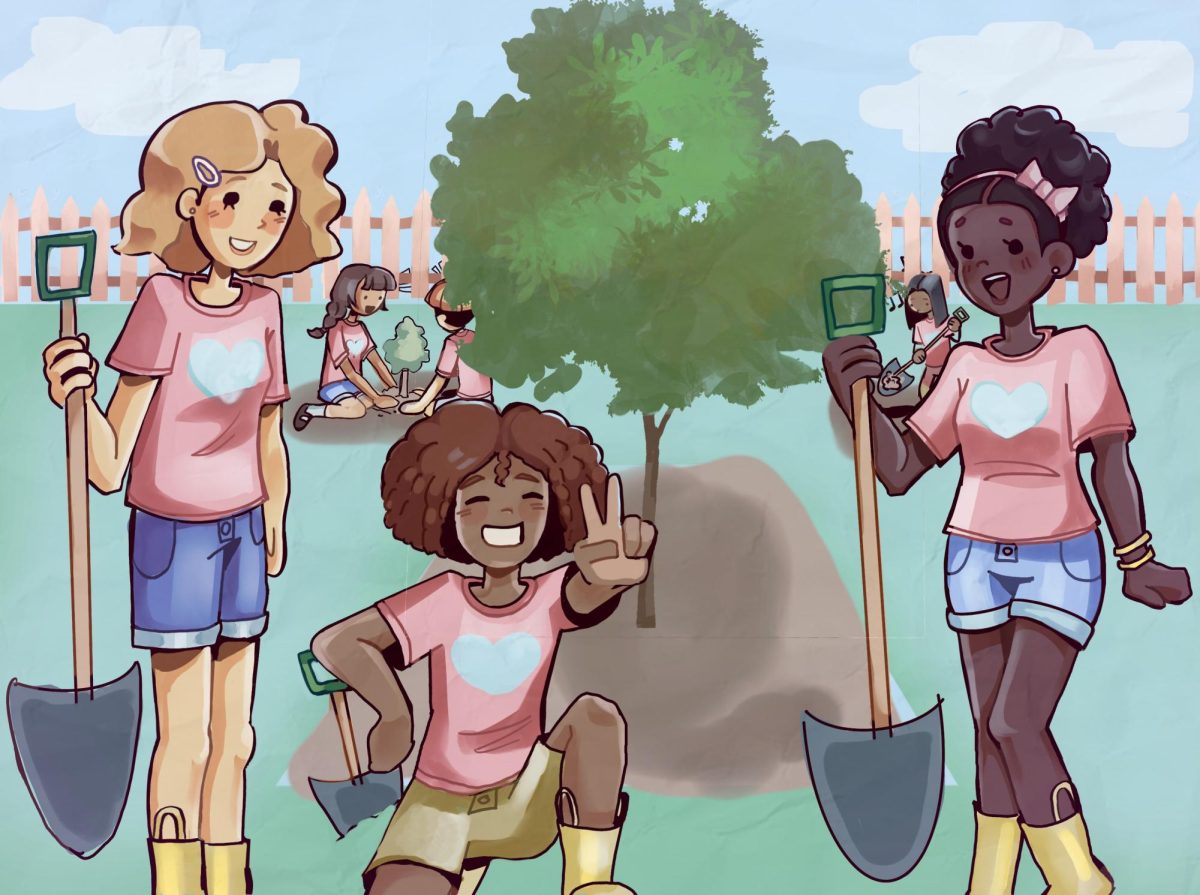

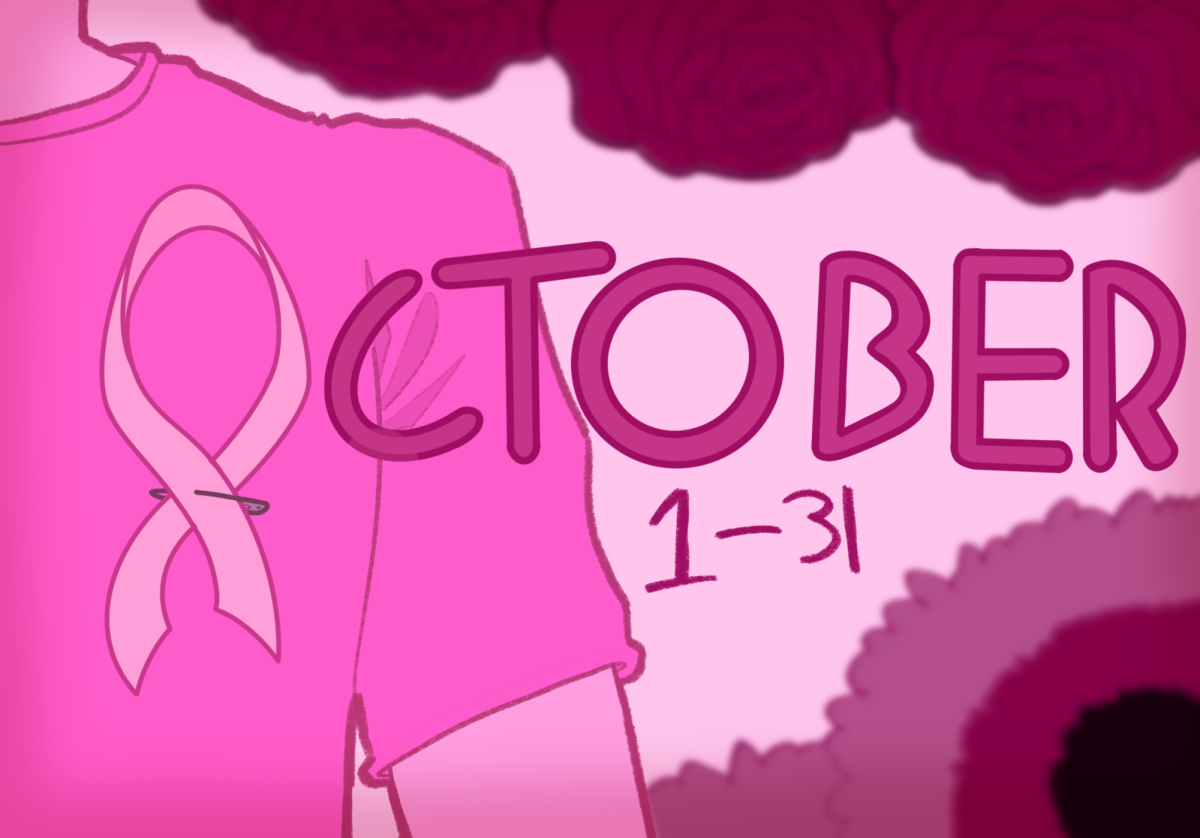



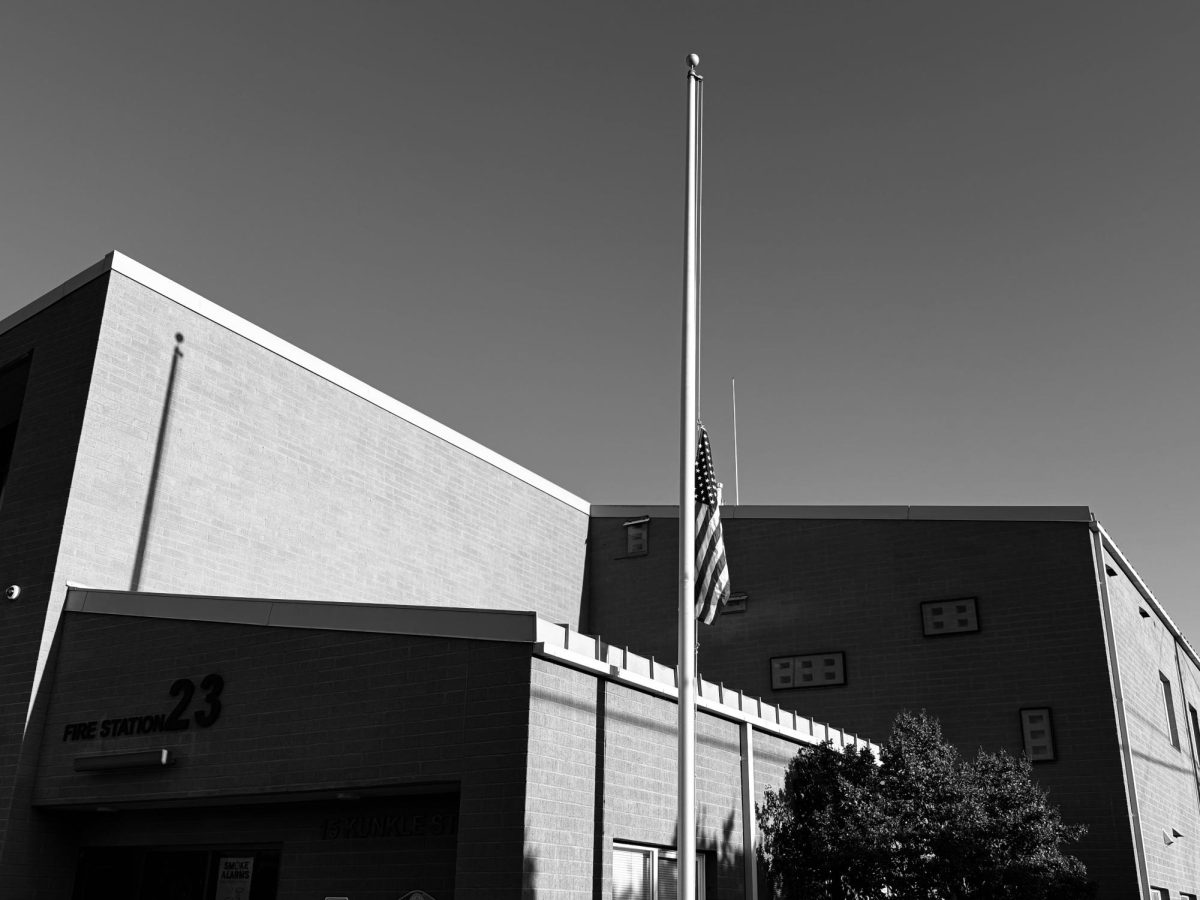


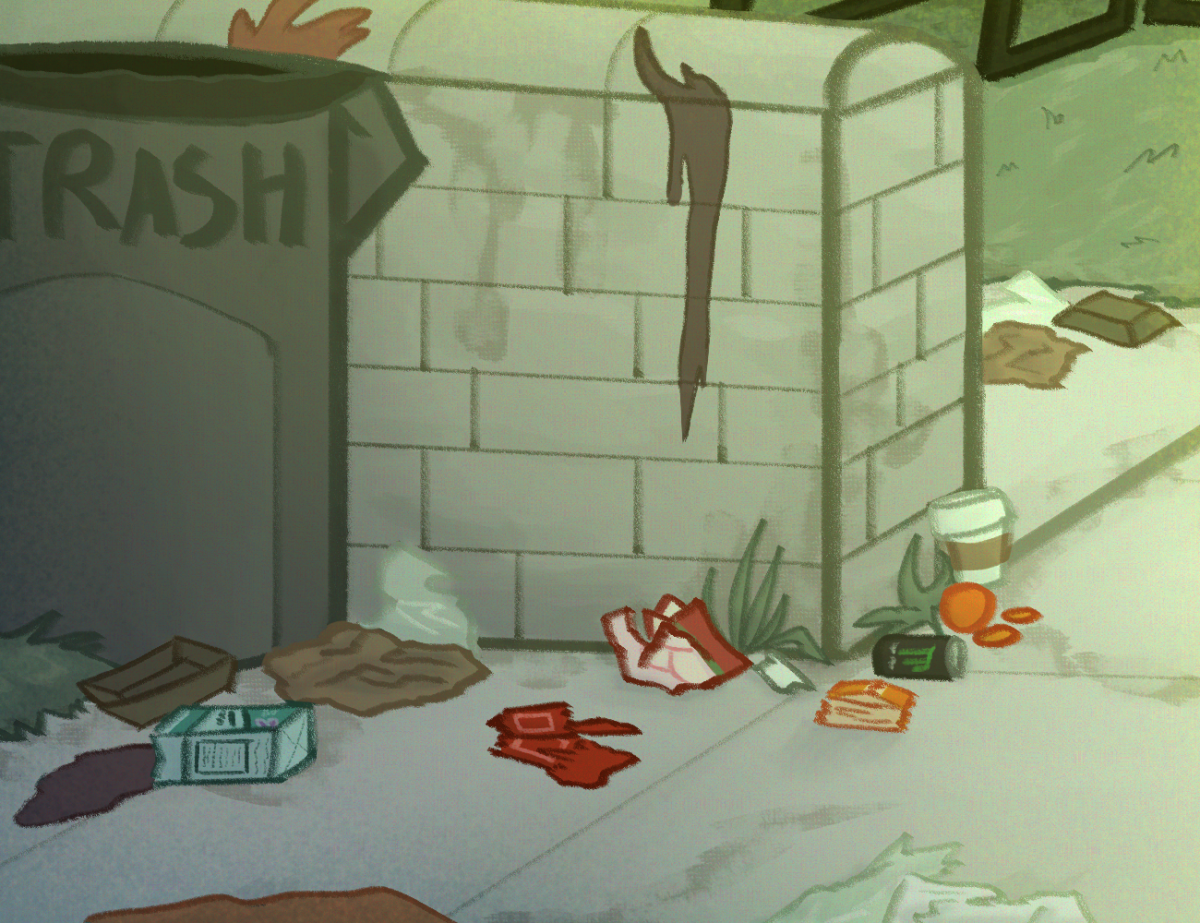


Kristin Ippolito • Apr 1, 2024 at 8:41 pm
Excellent piece!